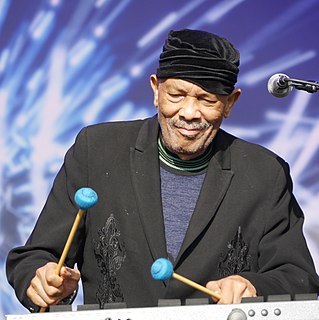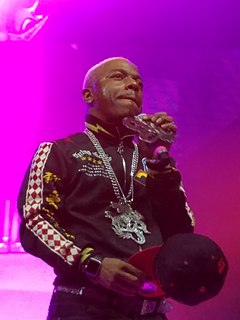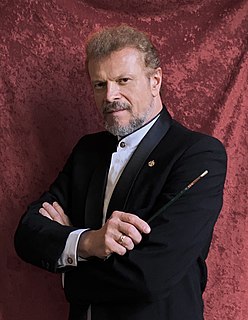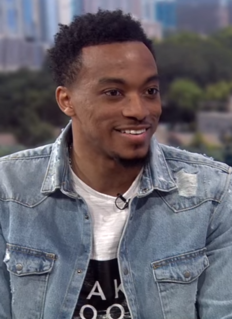A Quote by Roy Ayers
I was being an artist, being sensitive and technical as artists are. I'm sure Leonardo Da Vinci did that. Artists don't always feel the same as others feel about their work.
Related Quotes
I was worried that I, the artist Morimura, would have conflicts with the participating artists and develop a strenuous relationship with them. But the actual experience was completely the opposite. The artists accepted my requests rather positively, because it came from a fellow artist. I strongly feel that the fact that my being an artist avoided the usual curator vs artist tension, and led to creating a positive atmosphere as well as developing a solidarity amongst artists and building a community for artists.
And, because my role in society - or any artist or poet's role - is to try to express what we all feel. Not to tell people how to feel, not as a preacher, not as a leader, but as a reflection of us all. And it's like that's the job of the artist in society, not to...they're not some alienated being living on the outskirts of town. It's fine to live on the outskirts of town, but artists must reflect what we all are. … If that's taken it too much on meself, I feel that artists are that - they're reflections of society... Mirrors.
Back in the day, even if they were singing about the same things, each artist was unique. That's why I try to stay away from the big-name producers, so I can prove that it's not about the producer, it's about the artist. A lot of R&B artists have gotten away from being artists and are just chasing after the next hot producer and it all starts to sound the same.
Leonardo da Vinci was comfortable being illegitimate, gay, a misfit, a heretic. But he also respected other people. He didn't get into disputations. He was a genius but he had a certain humility. In his notebooks you see lists of people he wanted to grill about things like how the water diversions in Milan work; he was always interested in learning from other people.
Leonard de Vinci, for example, is a great artist, but he is living in the past. However, I don't feel John Cage and Matsuzawa Yutaka as artists who live in the past. Their ideas are still alive in our world because they express the very important concerns of our age. That is why I could trust them as "contemporary artists".
I think for us, we don't feel like the future of music is in the act of being a record company. We feel like the future of the music business is in empowering artists to have better and better tools to communicate with their fans. We want to be people who are saying to artists, "Look, you don't need that company over there to release your album. You can do it this way." Almost more of a band partnership than a label-artist relationship. Not about ownership of content, but about empowerment.
Gospel artists have to do something that secular artists don't always have to do and that's kind of abide by and reflect a certain set of values and morals. So everything that we do, every decision that we make, every picture that we take has a different weight on it. It's always interesting in balancing being an artist but being a minister as well.
I think Leonardo da Vinci teaches us the value of both being focused on things that fascinate us but also, at times, being distracted and deciding to pursue some shiny new idea that you happen to stumble upon. Balancing intense focus with being interested in a whole lot of different things is something that we have to do in the Internet age.































